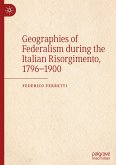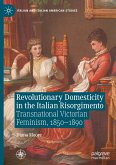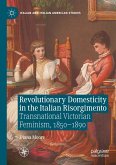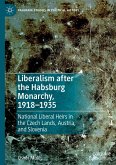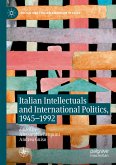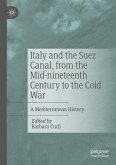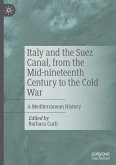Combining intellectual history, geography and political science, this book addresses the relations between geography and the federalist tendencies of key individuals during the nineteenth-century Italian Risorgimento. The book investigates the development of transnational federalist attitudes amongst a political network of intellectuals, and hones in on several understudied figures who played important roles in the Italian radical movements for national and social liberation. Notably, this includes political geographers who mobilised geographical metaphors to foster change and reorganise territories. The author demonstrates how federalism, anarchism and republicanism were all connected and led not only to autonomy in Italy, but more locally within its regions and municipalities, and more broadly across Europe over the 'Long Risorgimento' period. Contributing to current debates on federalism and anti-colonialism, this book will appeal to historical geographers, political scientists and those researching the history of federalism, republicanism and anarchism in Europe.
Bitte wählen Sie Ihr Anliegen aus.
Rechnungen
Retourenschein anfordern
Bestellstatus
Storno


